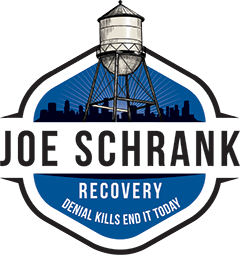We all know that driving under the influence comes with a diminishing return. “Why didn’t I just get an uber?” A DUI charge is costly, not only in monetary terms but in terms of shame, regret, and the emotional toll that ensues. Courts want to know that it won’t happen again, but a promise is hollow at best. So what will help? A DUI is an opportunity to take a long hard look at intoxication in one’s life. Often times, a DUI can be that touchstone of a new effort and direction in one’s life, or at the very least, a step toward harm reduction. Judges are more amenable to latitude with sentencing, fines, and jail time when proactive treatment and sincerity are in place. Being seen as trying to manipulate the court can go horribly, horribly wrong. Contrition is only valid if it is substantiated by action: words and actions must align. The harder sell is not to the lawyers but to the district attorney who is often young and building a reputation of being tough on crime.
Taking a Proactive Approach When Dealing with Criminal Charges
When charged with a DUI (or for many, a second or third offense), the flood of emotion and turmoil is hard for any individual or family. Showing the court that one is being proactive about addressing the problem is the best course of action. In an ideal world, that work begins with the arrest. And yet, most people look for a legal loophole to avoid or diminish the consequences. It’s like cutting the wire to make the alarm stop sounding. That is certainly one way to go, but it doesn’t address the problem. Fortunately, there are ways not only to help the cause with the court, but also help one’s life, one’s family, and the community. A licensed community outpatient program will certainly help as well as individual therapy and residential treatment.
A DUI is a complex and tumultuous issue. Planning and strategizing a course of action is one of Joe’s specialties. With more than a decade of experience dealing with police stations, courtrooms, and knowing how to speak with district attorneys and judges, Joe can be your guide.
Providing Support During the Legal Process
Taking action is important as is communication with the court. Third party advocacy is critical to success with the courts. Many people rely on self-reporting which can have mixed results. Comprehensive, professional, and concise demonstration is the best way to go. Joe is able to build a case and communicate with the court to show that one won’t be a repeat offender. In addition, Joe can attend court sessions and provide emotional support through the whole process.
Whether the charge is possession, public consumption, or distribution, the process is largely the same. Having Joe help with your court case will only help your situation. As the culture shifts toward addressing addiction as a health issue rather than a punishable offense, more and more jurisdictions are open to alternatives, but the process needs to be handled well.
